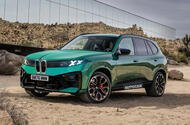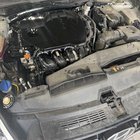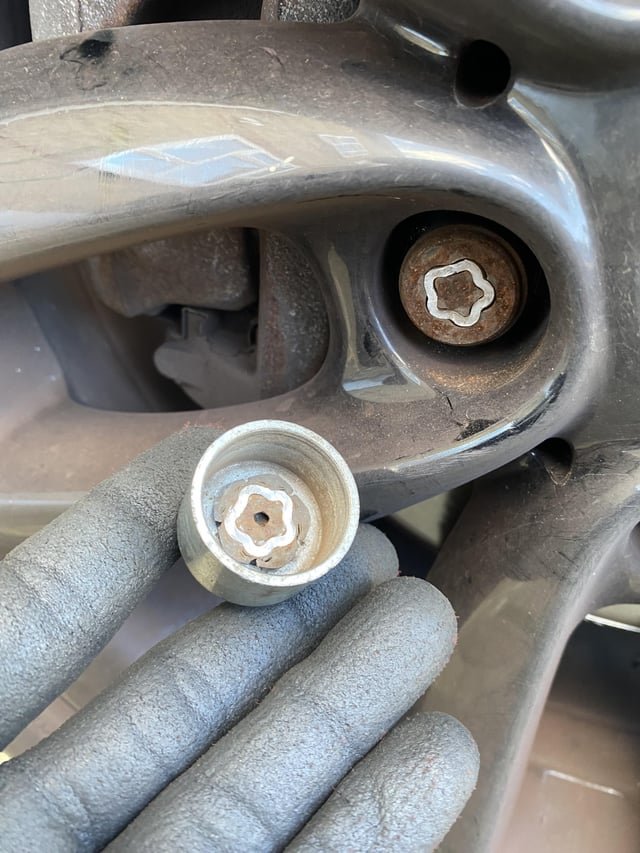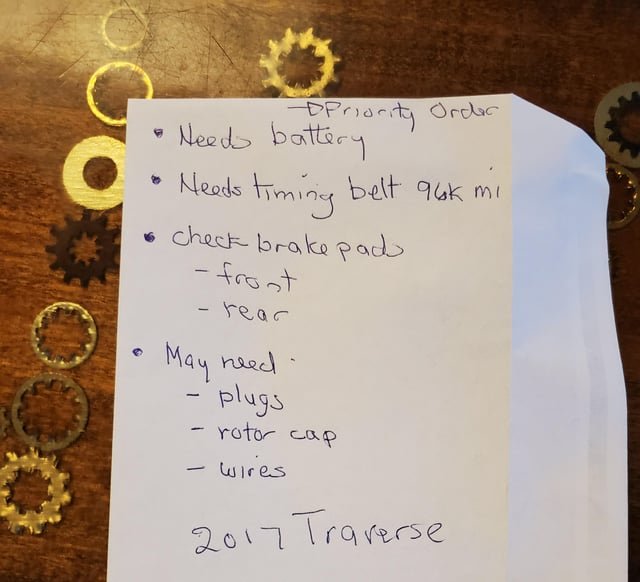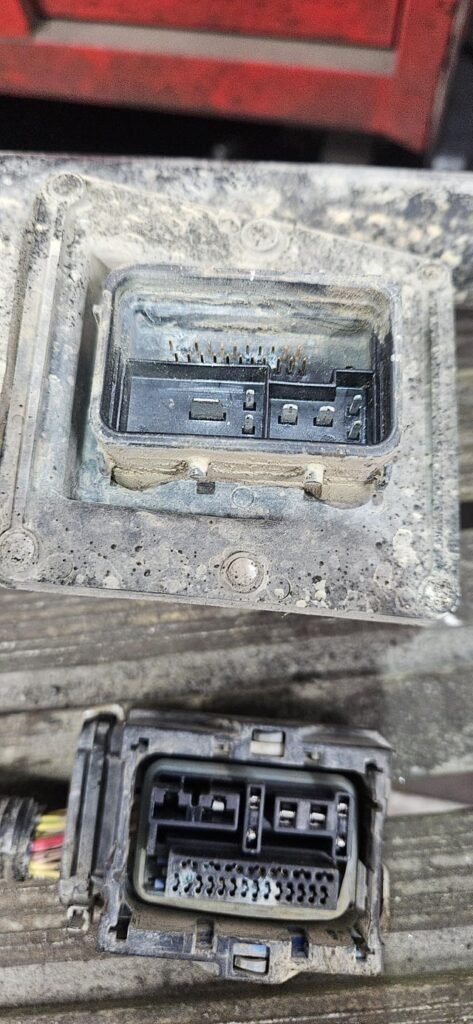Fifth-generation X5 will offer an FCEV powertrain that improves on the experimental iX5 Hydrogen
BMW has provided an update on its plans to begin sales of a hydrogen-powered version of the X5, as it readies production of a third-generation fuel cell system developed in partnership with Toyota.
Due out in 2028, the new FCEV model will be sold alongside petrol, diesel, plug-in hybrid and fully electric versions of the BMW SUV, which will enter its fifth generation next year, forming part of the company’s widest and most electrified drivetrain strategy yet.
Building on the technical basis of the existing iX5 Hydrogen, which has been deployed exclusively on BMW’s internal fleet as a test and development vehicle since 2023, the new model has been conceived as the brand’s first hydrogen-powered car for commercial sale. Sales will be limited to selected global markets with suitable refuelling infrastructure.
“The launch of the first-ever fuel cell production model will add another efficient drive system to our product portfolio,” said Joachim Post, board member for development.
BMW says its third-generation hydrogen fuel cell system marks a major engineering advance. Compared with the iX5 Hydrogen, the new system is around 25% smaller, yet offers greater power density and improved integration into a variety of platforms, including the X5’s Cluster Architecture (CLAR).
Post confirmed the new system is intended for use across future hydrogen models, with “improved range, higher output and significantly greater efficiency”.
Production of the X5 Hydrogen’s new fuel cell stack will take place at the BMW Group’s plant in Steyr, Austria, where new production lines and testing facilities are currently being installed.
Additional components, including a new hydrogen-specific high-voltage control unit known as the BMW Energy Master, will be manufactured at the company’s Landshut facility in Germany. Initial prototypes are due to be built at BMW’s Dingolfing plant, Autocar has been told.
The iX5 Hydrogen pilot model used a second-generation system built around Toyota-supplied fuel cells but with BMW-developed integration. It combined a 187bhp fuel cell stack with a 295bhp electric motor and buffer battery system, giving total system output of 396bhp and a WLTP range of around 313 miles from two 700-bar hydrogen tanks holding 6kg of hydrogen.
BMW says the new third-generation system will surpass this in all key areas with a modular layout designed to scale up across a wider variety of vehicle types in the future.
Visually, the upcoming G65-generation X5 is also set to break new ground. Recent prototypes confirm it adopts key styling elements from the upcoming second-generation iX3 – BMW’s first Neue Klasse platform-based model due for UK sale in 2026.
Inside, BMW will swap traditional instrument clusters for a panoramic projected display system and a widescreen central interface measuring 17.9in. The long-running iDrive rotary controller is also set to be dropped, with future models relying fully on voice and touch inputs.
